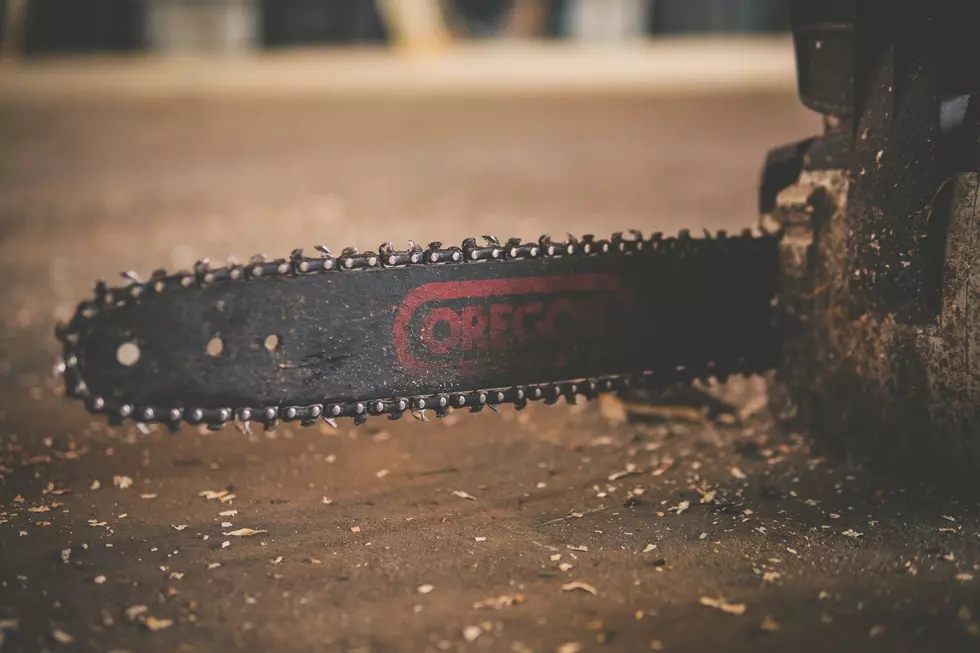
If Your Neighbor Cuts Down Your Tree in Washington, You Could Get a Massive Payday
Disclaimer: I am not a legal expert, this article is meant to entertain.
Instead of going to bed right away last night, I did what any other mature adult would do and started scrolling on my phone. This particular digital adventure took me down a rabbit hole that I willingly lost myself in. As I've grown older, I've realized I don't know much of anything, which is okay. That just means I can learn something new nearly every day. So, I learned about tree law.
It shouldn't come as a surprise that the Evergreen State would go to significant lengths to protect trees. Not only do they play a key role in our planet's ecosystem, but they also provide shade, privacy, and comfort when planted on private property. But what if someone cuts your tree down?
If someone cuts down your tree or damages your tree, call a lawyer.
I read through several posts on r/treelaw, with countless stories of crappy neighbors cutting down trees they had no right to. "Your tree is blocking my view," is not a reason to cut down a tree. In fact, most United States homeowners don't have a right to a view. There were several instances I read about contractors, not respecting the property lines, and destroying rows of trees. In most of these instances, the contracting company had to pony up some serious cash. Trees are expensive.
What does Washington state law say about neighbors cutting down or harming your tree?
RCW 64.12.020 states that "Whenever any person shall cut down, girdle, or otherwise injure, or carry off any tree, including a Christmas tree as defined in *RCW 76.48.020, timber, or shrub on the land of another person, or on the street or highway in front of any person's house, city or town lot, or cultivated grounds, or on the commons or public grounds of any city or town, or on the street or highway in front thereof, without lawful authority, in an action by the person, city, or town against the person committing the trespasses or any of them, any judgment for the plaintiff shall be for treble the amount of damages claimed or assessed."
So, what does it mean? In a walnut shell, someone can't just come and take your tree, kill your tree, prune your tree, or cut your tree down. If they do, and if you lawyer up, not only would they be responsible for the cost and replacement of the tree, but they could have to pay even more than that. In this case, the punitive damages can be tripled.

For example, let's say that Bill discovers that his beautiful maple tree was cut down unlawfully by his neighbor, Frank. Bill finds a lawyer to take on his case. Bill's lawyer determines that the tree was worth $4,000, so Bill could be awarded up to $12,000. Keep in mind that the statute of limitations for timber trespass is three years.
What about a tree that's between two properties?
This is where it gets tricky. Sometimes a tree is planted between two properties but it starts to grow into both of them. The two neighbors are then, for lack of a better word, co-owners of said tree. In order for the tree to be lawfully removed, the two parties would have to sign off on it. Since it is joint ownership, you can trim the branches of the boundary tree only up to the property line.
Here's the bottom line; if you are unsure if a tree is yours, call first. If someone unlawfully cuts down your tree, you have three years to go get your money.
LOOK: What major laws were passed the year you were born?
More From 97.1 KXRX









